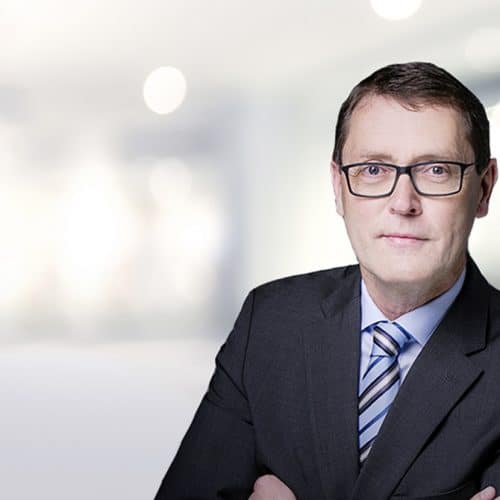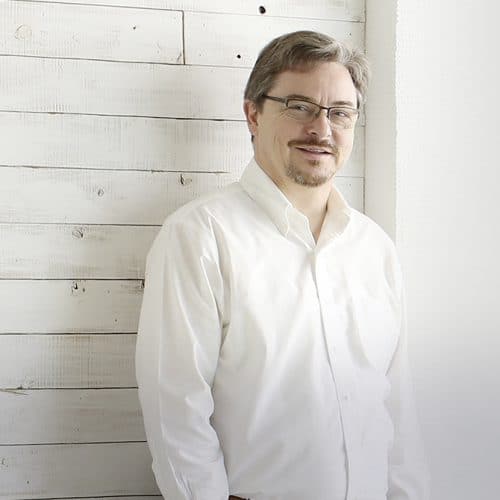“I quickly realized that I have to constantly reinvent myself in this profession”
Lauriane Boyer joined Militzer & Münch France eleven years ago. As Air & Sea Director for Militzer & Münch France,…
“Employees are our greatest asset”
Hristo Marinov, 46, started at Militzer & Münch in Bulgaria in 1996. Today, he is Deputy CEO of M&M Militzer…
“In the pharmaceutical sector, every day is a journey of discovery"
There is probably no other sector that imposes such high demands on the handling of goods as the pharmaceutical sector.…
Seasons greetings
Merry Christmas and a Happy New Year! As the Christmas holidays are drawing near, we wish you joyful, restful days…
M&M Tajikistan: best of the year
Dushanbe. First prize for M&M Tajikistan: the team under Managing Director (MD) Aziz Sharipov won the official competition for best…
Militzer & Münch: growth in China
Militzer & Münch is stepping up activities in China – with more employees and new branches. Local sales are being…
Highly motivated, ready for the future
‘New Markets’, ‘Industry 4.0 along the New Silk Road’, ‘New Risk Management’ – on October 10, online presentations on these…
“Our team is the basis of our success”
This year, Paata Kacharava celebrates a very special anniversary: 25 years ago in June, he started as Managing Director of…
M&M Dubai – 15 years of constant growth
Dubai, October 13, 2022. It all began with project transports organized by the M&M Kazakhstan team, for which an M&M-owned…
Militzer & Münch Turkmenistan – 25 years of reliable service
Ashgabat, September 6, 2022. First, a delegation was opened in Ashgabat in 1994, and then in 1997, M&M Militzer &…
Militzer & Münch Uzbekistan – 25 years of textile knowhow
Tashkent, August 30, 2022. Uzbekistan is the sixth largest cotton producer in the world, and when Militzer & Münch Uzbekistan…
Our goals: effectiveness, conformity, and compliance
Group Quality Manager Maximilian Kaiser is responsible for the quality management at Militzer & Münch sites all over the world.…
Future managers on a success course
How to stand out from the huge number of companies in order to attract highly qualified young people and keep…
CargoLine Quality Award 2021
The M&M organizations in Bulgaria and Latvia were honored with the CargoLine Quality Award 2021 for their excellent and reliable…
New Branch Manager in Urumqi
Dino Wang, 45, has been heading the Militzer & Münch branch office in Urumqi, China, since January 4, 2022. Well-connected…
"Flat hierarchies give us space to implement ideas"
Holger Seehusen is a member of the Militzer & Münch Group Management and Managing Director of the German M&M air…
"Anyone who is content with the status quo will quickly be left behind"
Andreas Löwenstein has 28 years of experience in logistics. He has been working for Militzer & Münch since December 2019…
"We are able to react to a crisis fast and appropriately"
Alexei Kovalenko, Guillaume de Laage de Meux and Nikolaus Kohler – as members of the Group Management of M&M Militzer…
“We Are the Experts for Difficult Markets”
The Militzer & Münch Group aims to continue on its growth path in the coming years. In an interview, Alexei…
"Logistics is an essential part of a company’s success"
As Managing Director of the courier and express service provider EMEX Kazakhstan, Tatyana Vorobyeva is familiar with the challenges and…






















